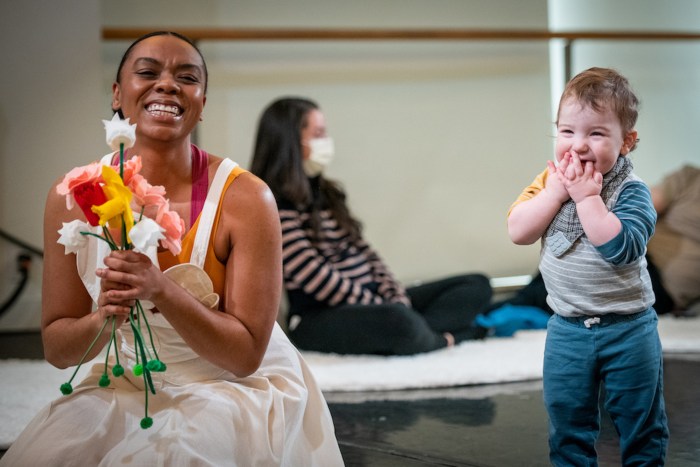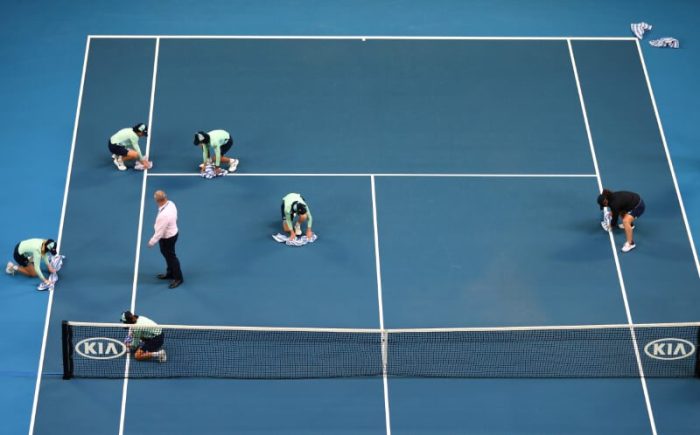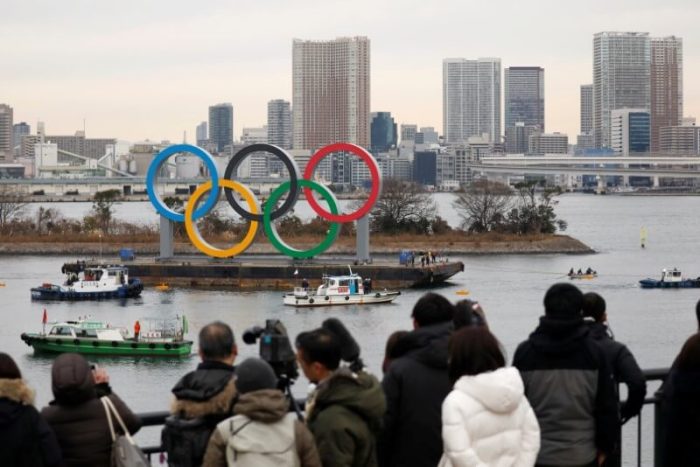By Julien Pretot
MEYZIEU, France (Reuters) – Olympique Lyonnais president Jean-Michel Aulas was wringing out his women’s team shirts in the locker room on a rainy London day eight years ago when he decided it was time to take gender equality more seriously.
It was halftime in their Champions League semi-final second leg against Arsenal at Meadow Park with 507 fans watching and Aulas realized that his players did not have a another kit for the second half.
“Next time, there will be a second set just like for the men, that’s how it’s going to work from now on,” he said.
Lyon have since won five Champions League titles to become the most successful women’s team in Europe and recently claimed a 13th consecutive domestic crown.
They visit Chelsea on Sunday in the second leg of their Champions League semi-final, with a fourth straight title in their sights.
At the heart of their achievements is a pervasive ethos that promotes gender equality throughout the club, starting in the youth academy.
In 2013, Aulas appointed former Lyon and France player Sonia Bompastor as head of the Women’s Academy — the female equivalent of one of France’s top youth set-ups that has produced players such as Karim Benzema, Alexandre Lacazette and Hatem Ben Arfa.
At the Youth Academy, girls and boys share the same facilities.
“Pitches, physiotherapy rooms are the same for all,” the 38-year-old Bompastor told Reuters.
As the girls train under the watch of former Lyon and France international Camille Abily, the screams of the boys practicing can be heard nearby.
The boys and girls also benefit from the same psychological support that includes hypnosis sessions and yoga.
“We have a ‘mental ability’ cell and the hypnotist acts on the girls’ subconscious, on their deeply held beliefs after observing them on and off the pitch,” Bompastor added.
SAME TREATMENT
One message the Academy staff are trying to convey is that girls are as good as boys.
“Women’s nature is such that we have low self-esteem. So self-esteem is a big topic for our girls,” said Bompastor.
This is not the case with the boys, she added.
“Some 14, 15-year-old boys still think they would beat our professional players, we tell them this would not be happening. We still need to work on those beliefs,” she said.
Female players also have to face questions that their male counterparts do not, Bompastor explained.
“In France there is a problem with the way women are considered, there are high aesthetic expectations. So we get heavy questions on femininity, intimate questions that men don’t get,” she said.
OL’s Academy has been held up as a shining example for others to follow, even in the U.S., where women’s soccer has a wider audience than in Europe.
“About one third of the (senior women’s) squad comes from the Academy, we have a good balance,” said Bompastor.
“I’m getting tons of requests from American universities and foreign clubs, who want to come and visit our facilities.”
‘ONE CLUB’
The salaries of the senior players is one area where there remains a large discrepancy between Lyon’s men’s and women’s teams.
While the three best-paid women players in the world are at Lyon with Ballon d’Or winner Ada Hegerberg earning 400,000 euros ($445,520) a year, this figure is dwarfed by the around 4 million euros earned annually by men’s player Memphis Depay.
There is, however, a level of interaction between the men’s and women’s players that is not present at many other clubs.
“When you talk about OL you talk about women and men, you talk about one club and you feel it when you are here or outside in the city,” Germany defender Carolin Simon told Reuters.
“We see it when we play in the big stadium. It’s not ‘normal’ for women’s football,” the 26-year-old, who joined the club last year, added.
Lyon’s female players also enjoy respect from their male counterparts, Simon said.
“It’s very cool, it’s a big honor to feel that it doesn’t matter if you are a professional man or woman. We talk with the men, there are handshakes, it’s a good atmosphere and it’s also why we are successful,” said Simon.
“The men respect us and it’s not just for the cameras.”
Her team mate, England’s Lucy Bronze, sees the men’s respect as key to improving women’s football.
“We might not be paid the same but they are just normal with us, they see us as footballers the same as they are,” Bronze told Reuters.
“Being at Lyon has really opened my eyes. To improve women’s football, it starts with having the respect of your male counterparts. It’s the biggest thing because they can influence so many people.”
(Reporting by Julien Pretot; Editing by Toby Davis)























